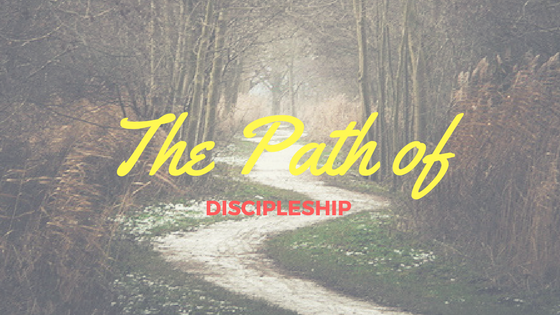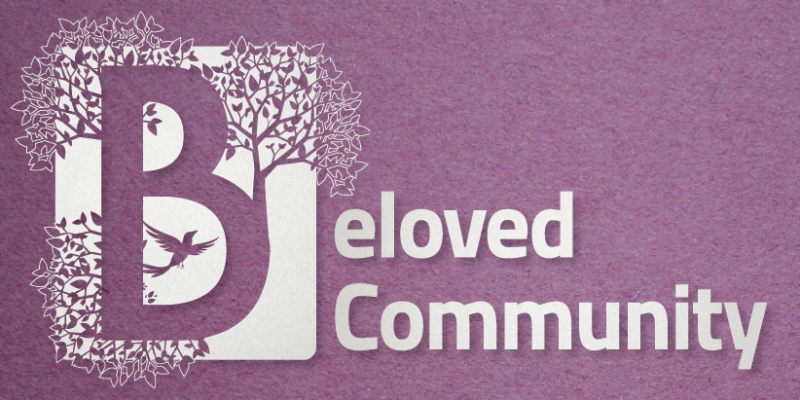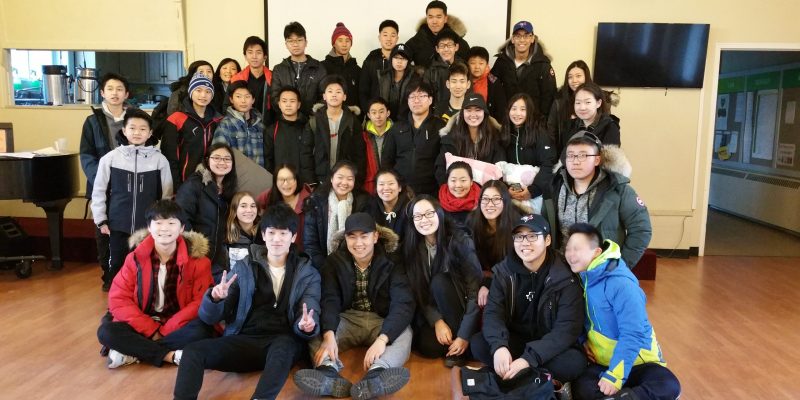Scripture Reading Luke 9:23-25 Sermon Audio The Question of Religious Pluralism There have been great questions about Christianity: why should I believe in Christianity versus other religions? This is the great question of religious pluralism. Is there only one path to the truth? Is believing in Jesus the only way? These are great questions that […]
Fearfully and Wonderfully Made
Scripture Reading Psalm 139:1-16 Message Text Editor’s Note: There was no audio recording this week due to technical difficulties. A Key Question in Life Why do you exist? This is a fundamental question in life. What is the meaning of my existence? What is the purpose of my life? And related to that are these […]
The Good Shepherd
Sunday message for Hi-C on March 26, 2017. Scripture Passage John 10:2-6, 9-18 Message Audio Message Text I hope you enjoyed your first week back at school – except for Sarah, Jonathan and Matthew, I hope you enjoyed your extra week off! So, the routine has started back again – homework, assignments, test, extracurricular activities, […]
The Beloved Community
1 Corinthians 1:4-9 I hope you all enjoyed your March Break! What a great time to relax, rest, and sleep in. I especially want to give thanks for the retreat we had last weekend: I saw the grace of God flowing in you and through you. I saw the spirit of love and openness flowing […]
March Break Retreat – Personal Reflections
Below are personal reflections from some of the Hi-C executives. For a fuller recap of the Hi-C March 2017 Retreat, read about it here. Jocelyn Chung This past march break retreat was so many things. It was meaningful, fun, special, and memorable. It was a time of reflection on our own lives and a […]
Hi-C March Break Retreat 2017
This was my second retreat with the Hi-C, and the first in my first full year as the Hi-C pastor. What a blessing it’s been to grow and learn about ministry with this wonderful group! The theme of this retreat ended up being “From Isolation to Connectedness”. I realized that this theme resonates so much […]






